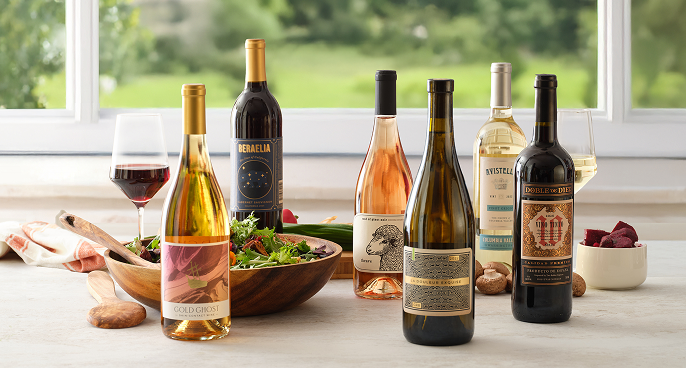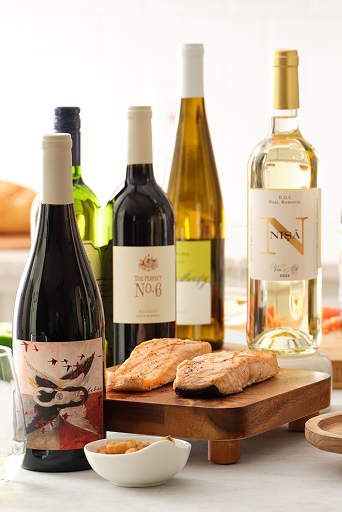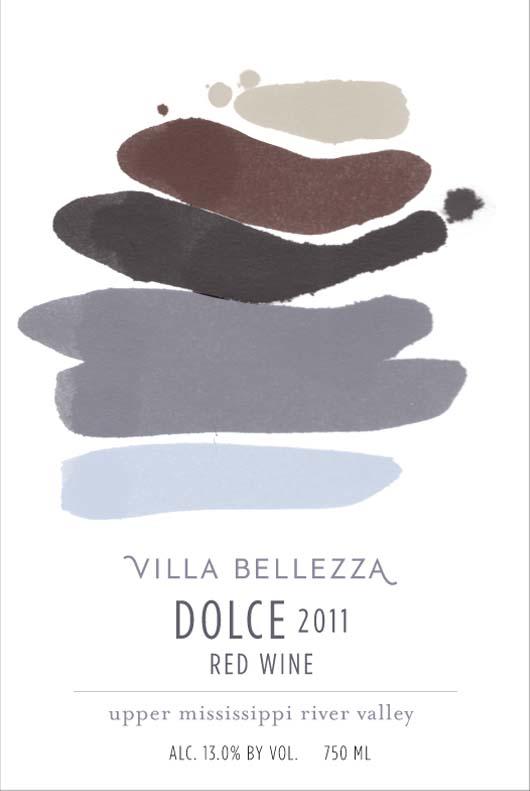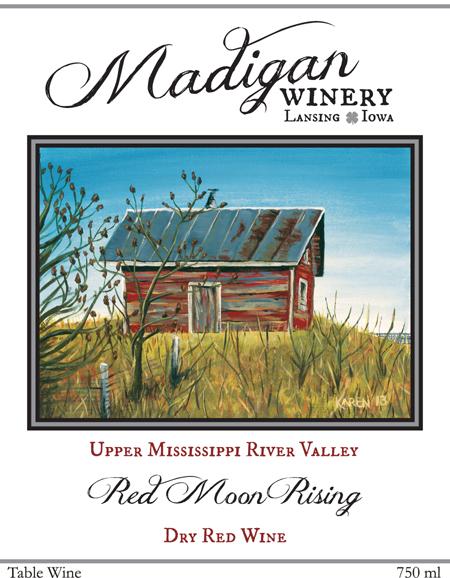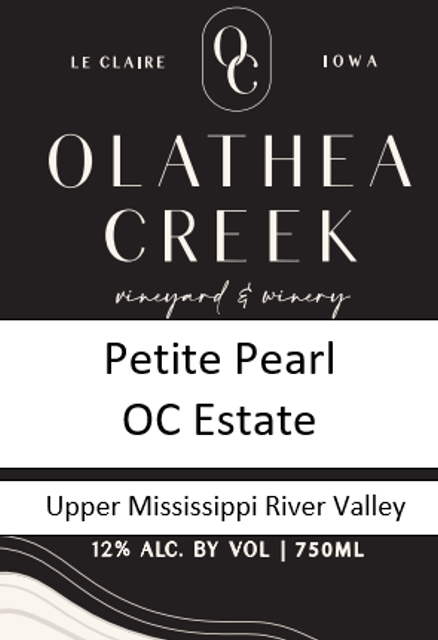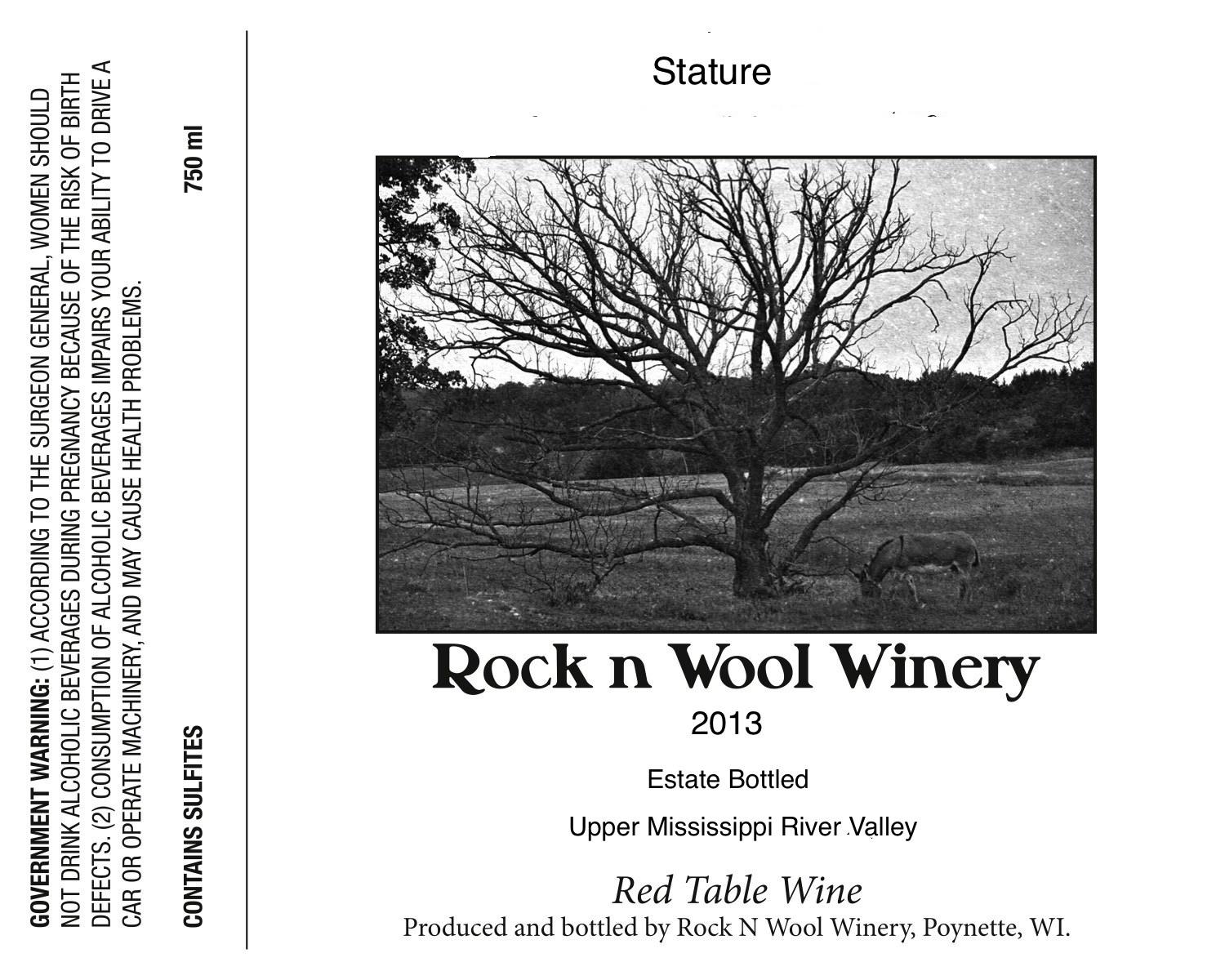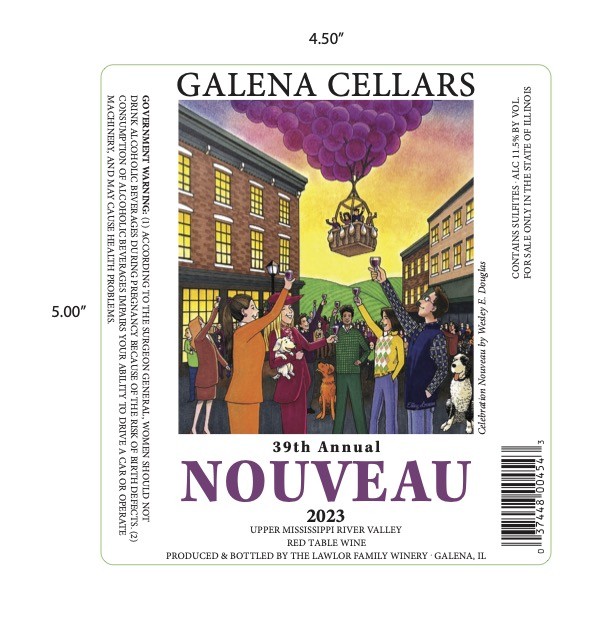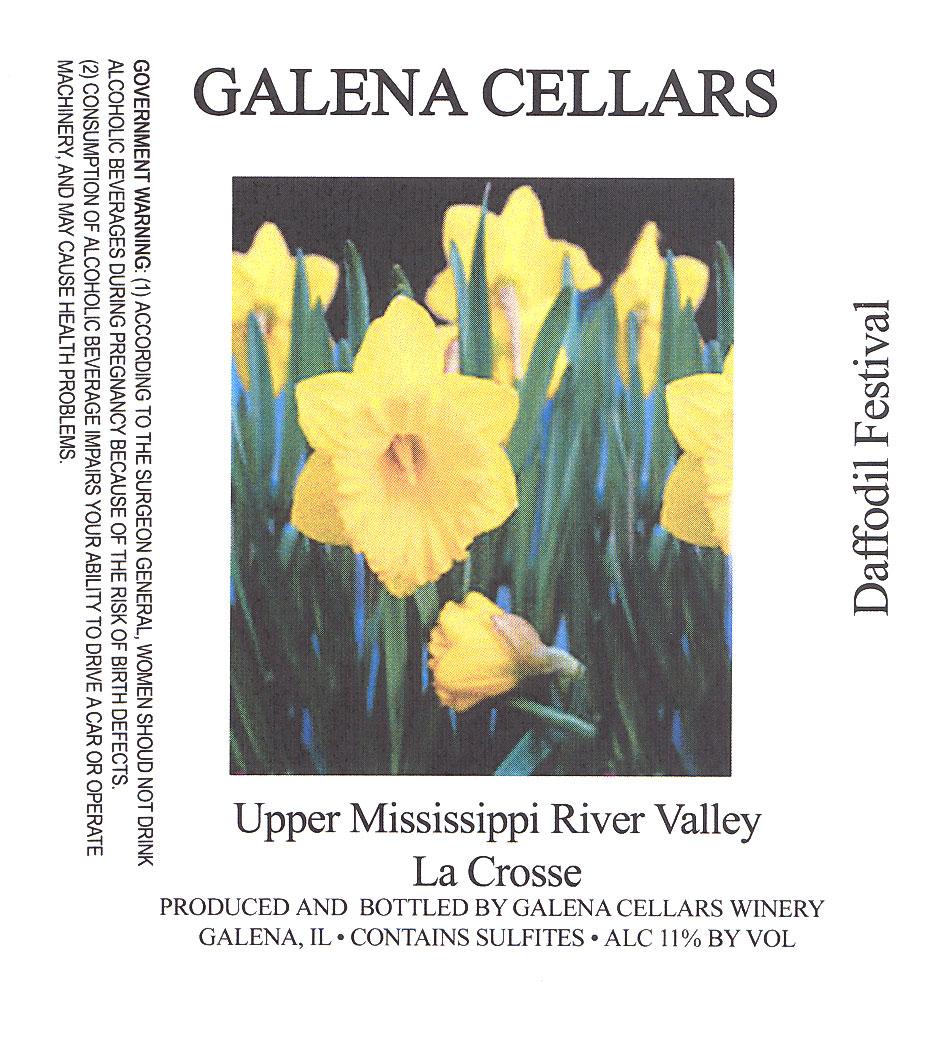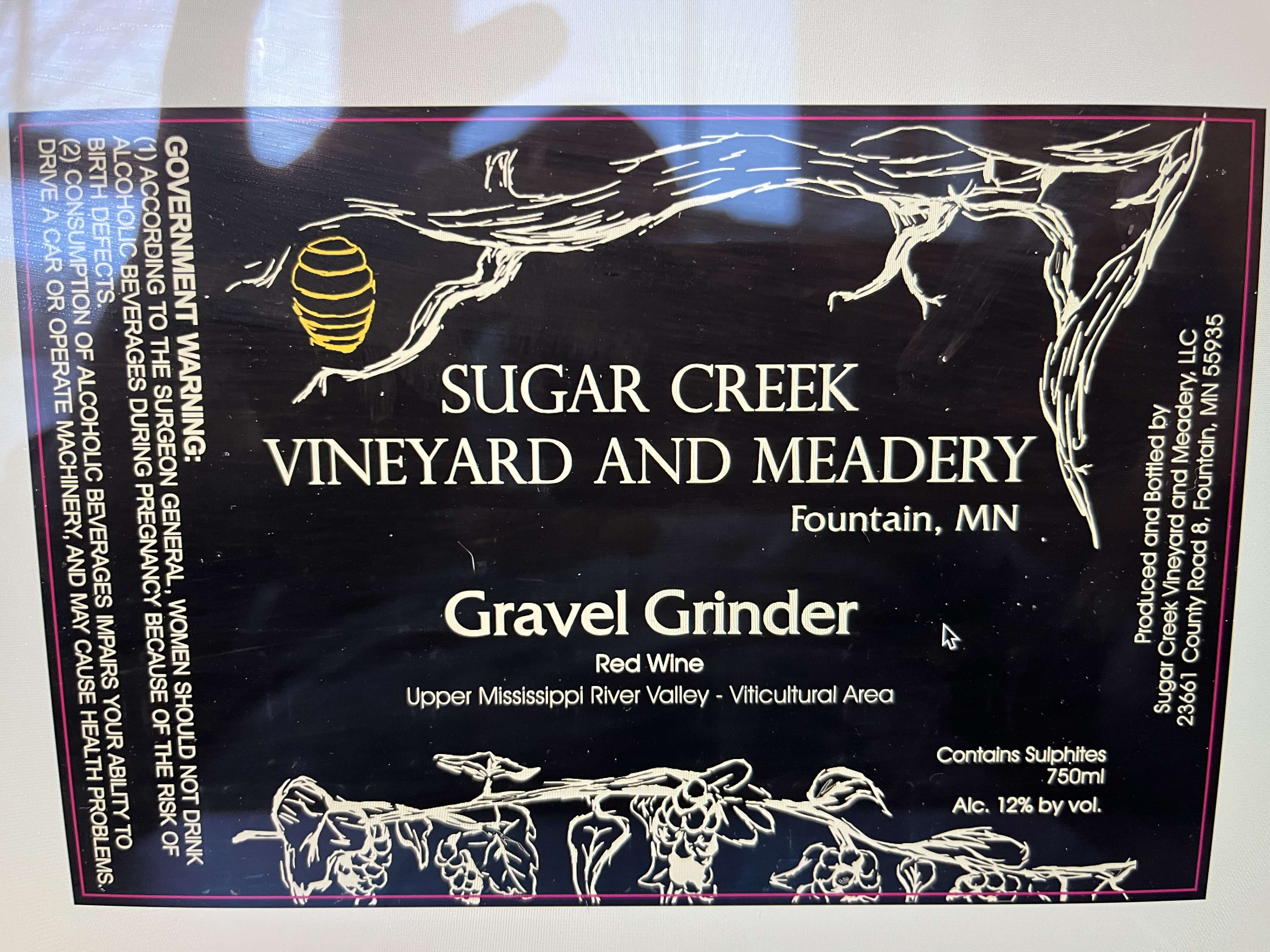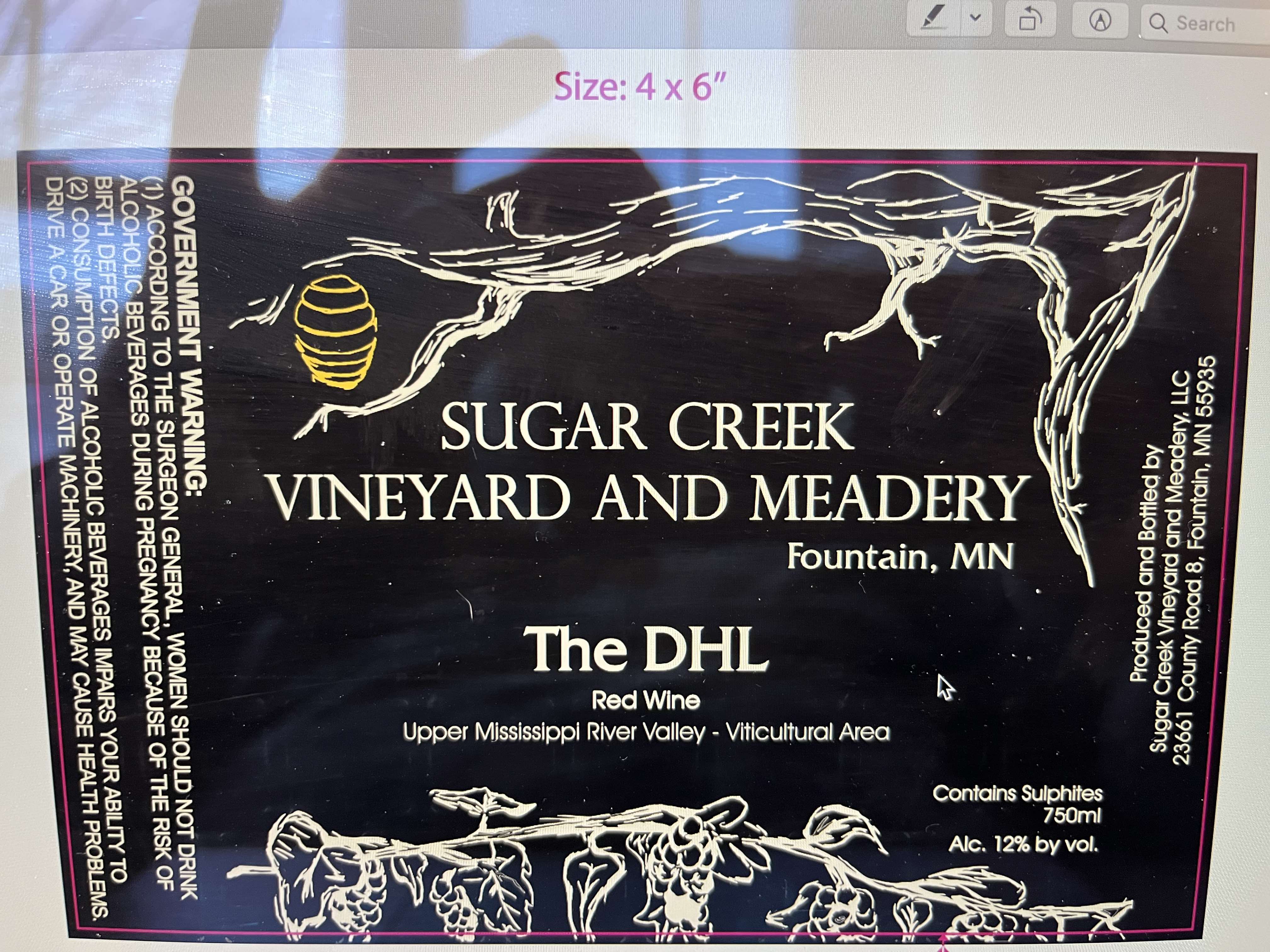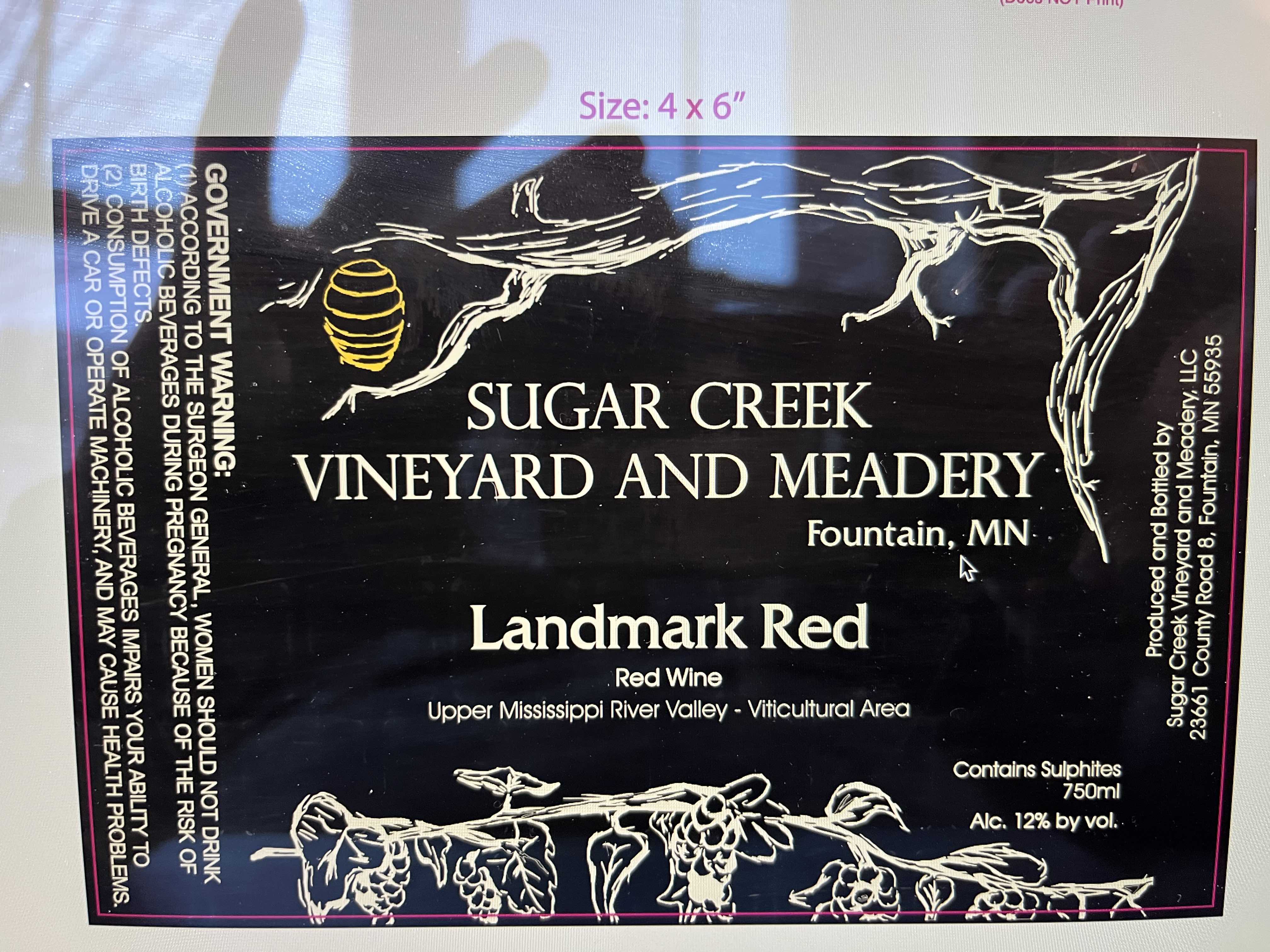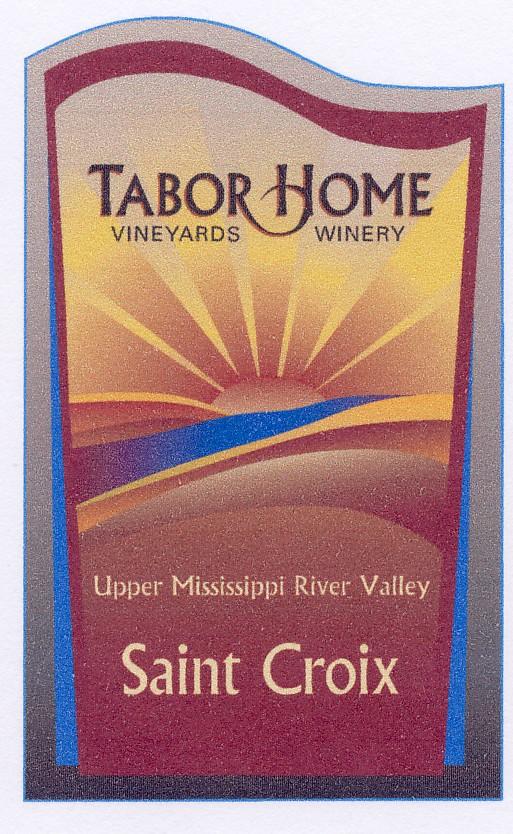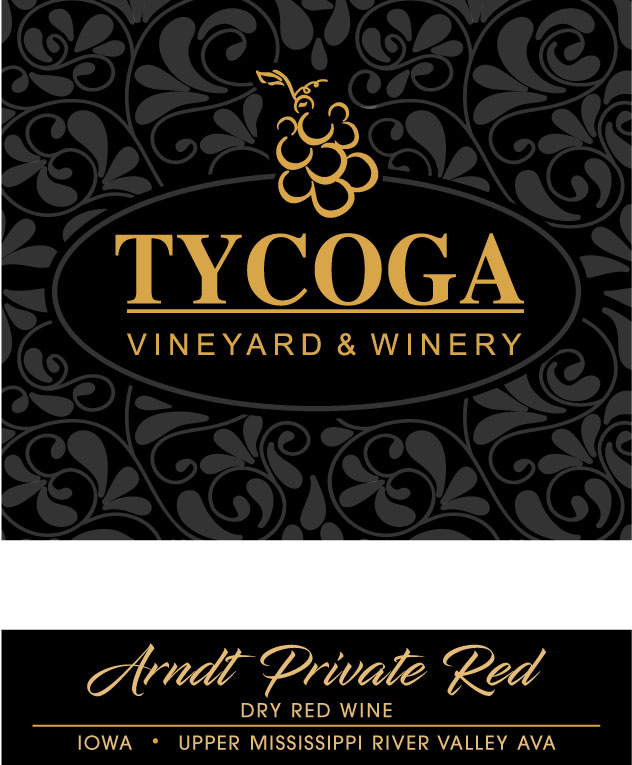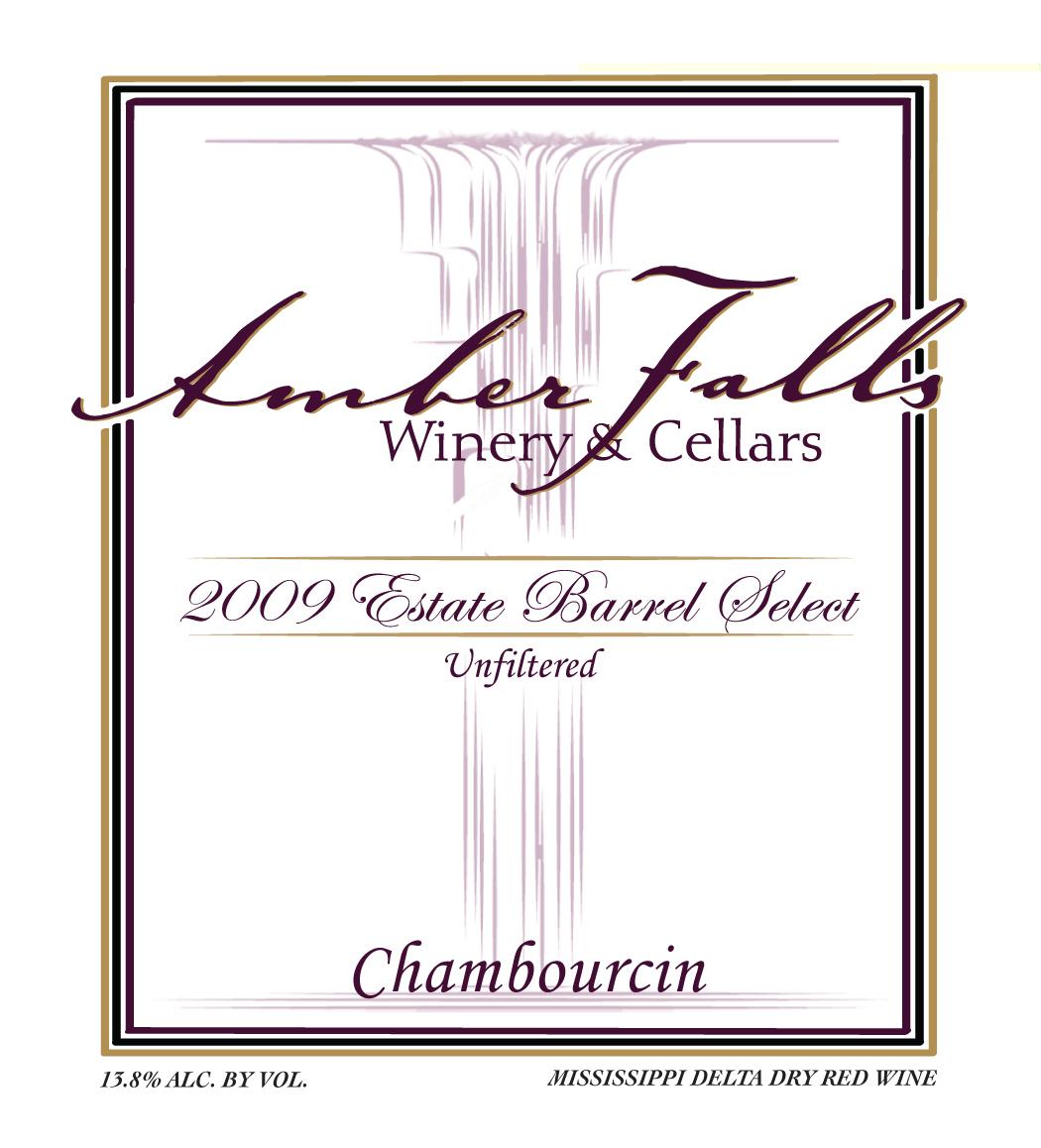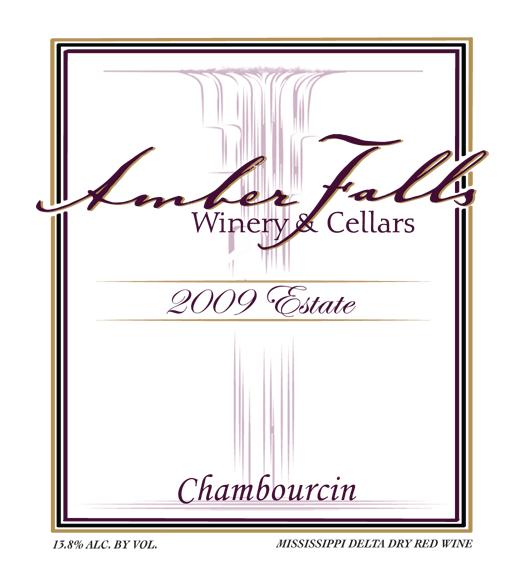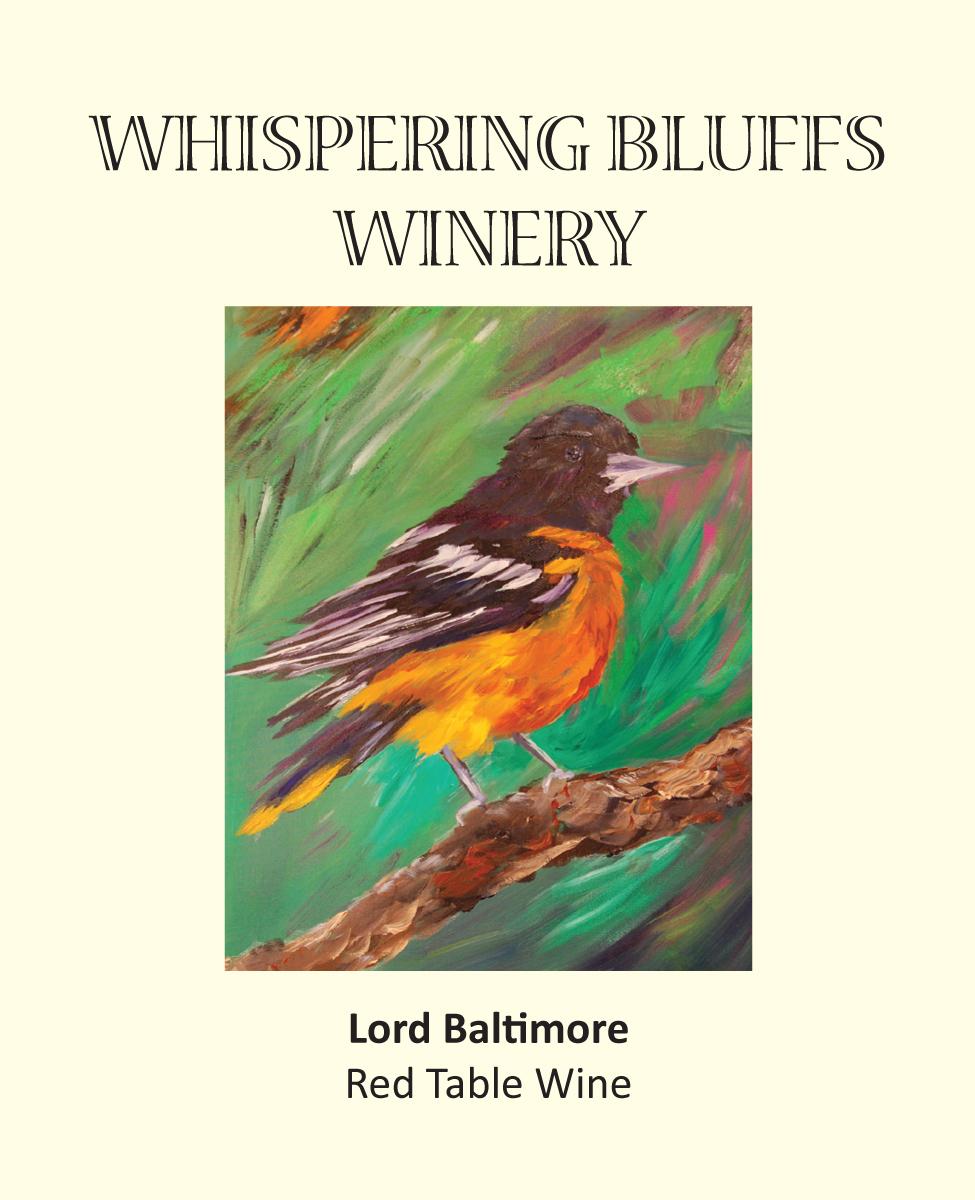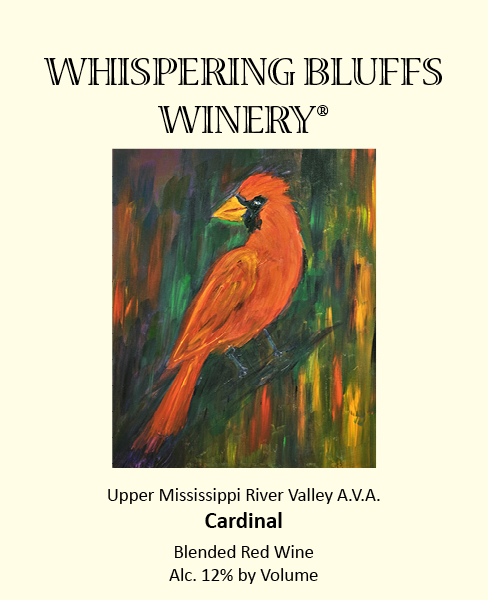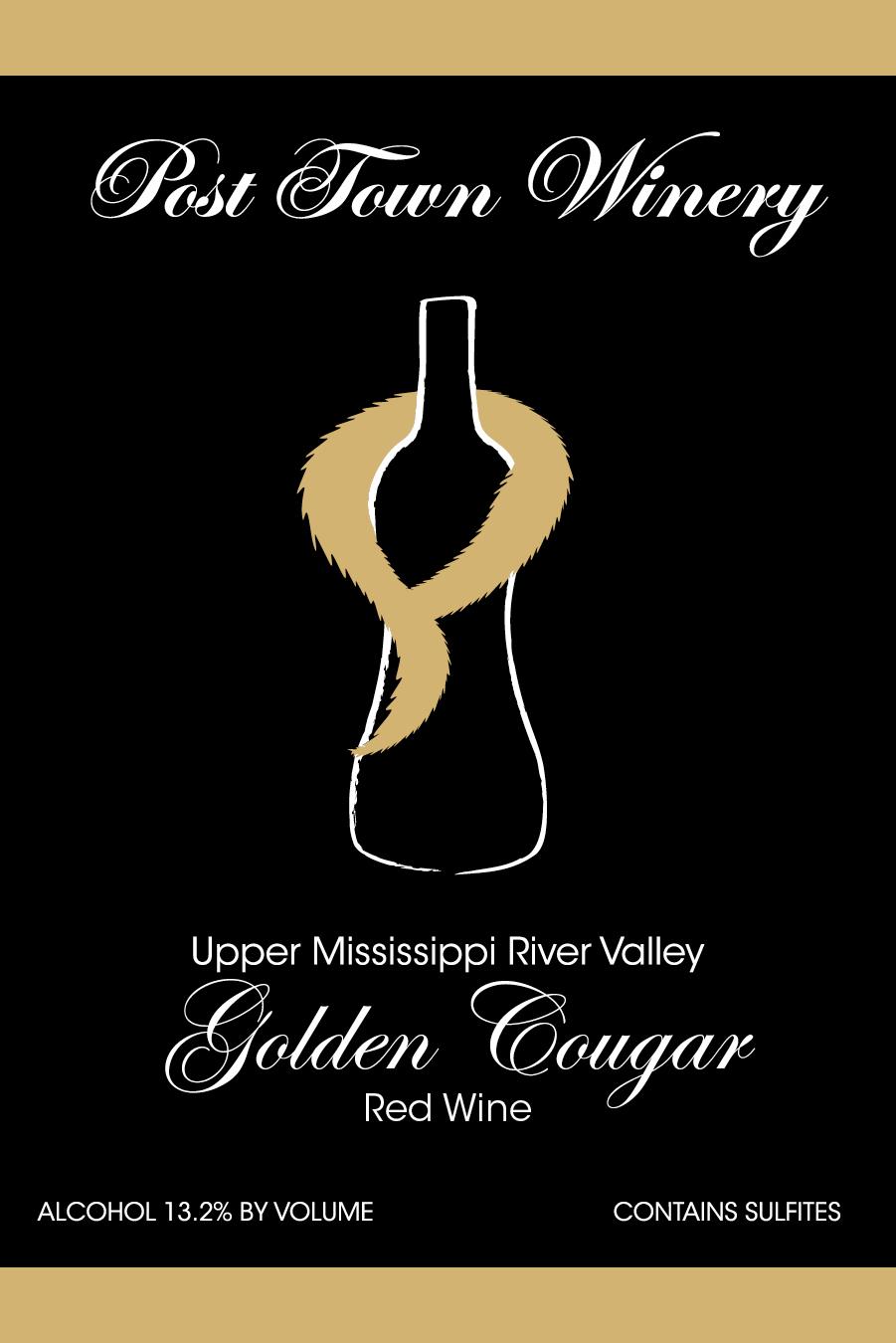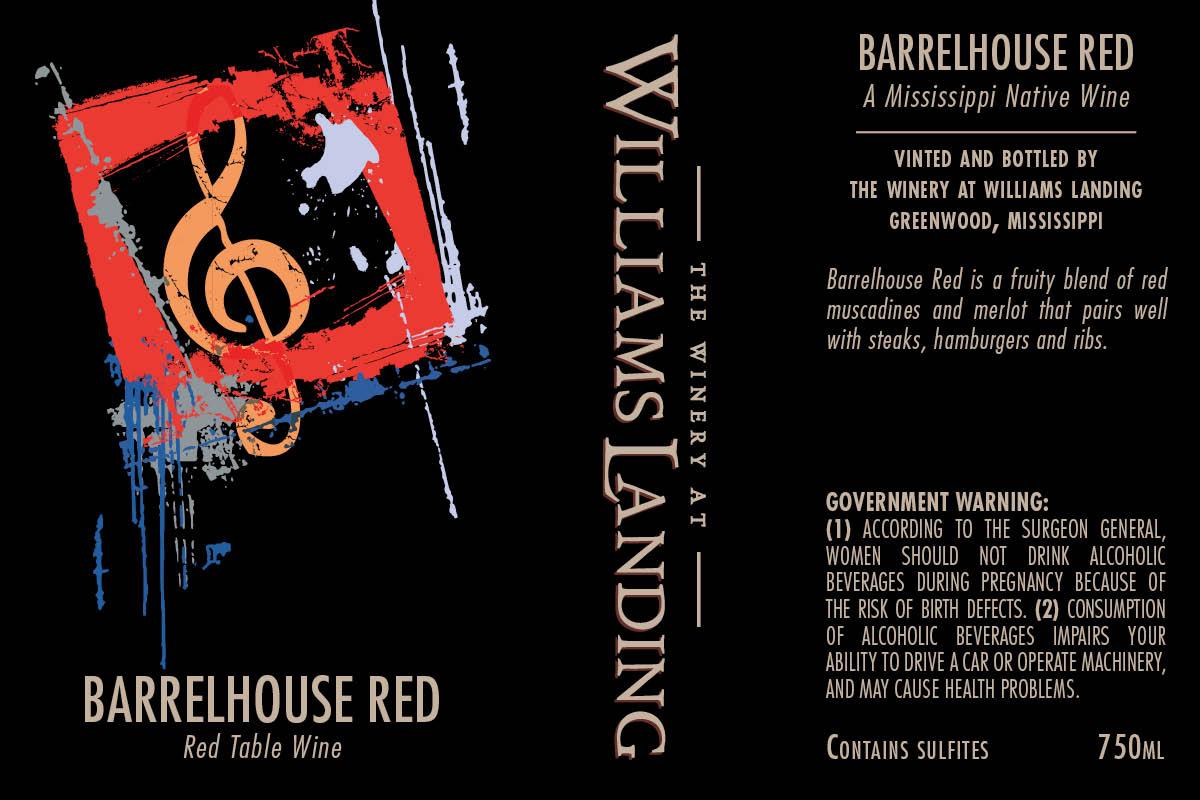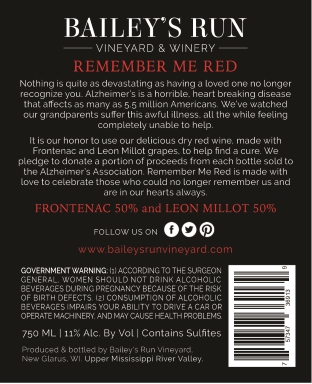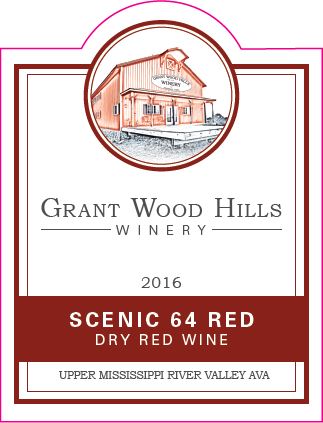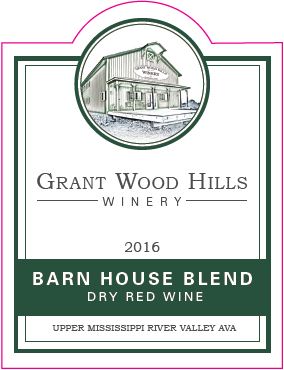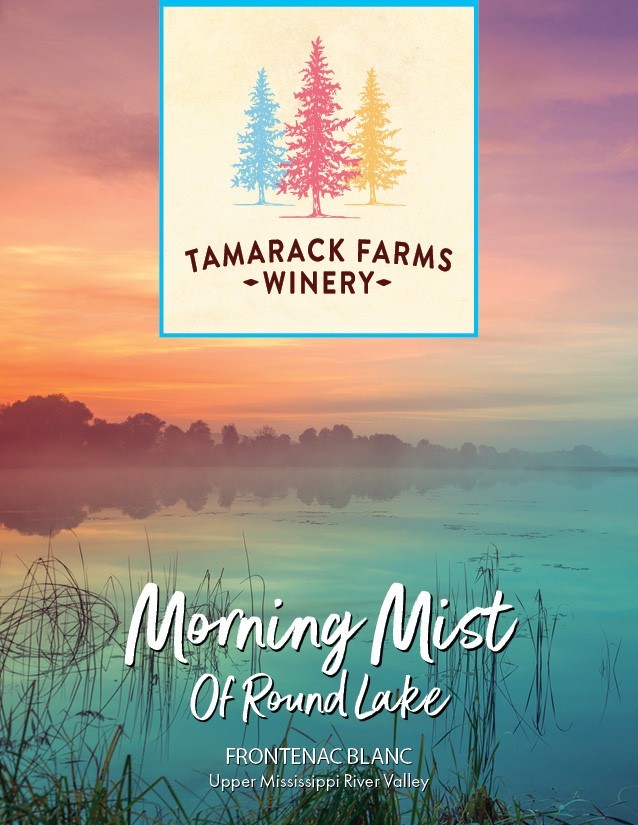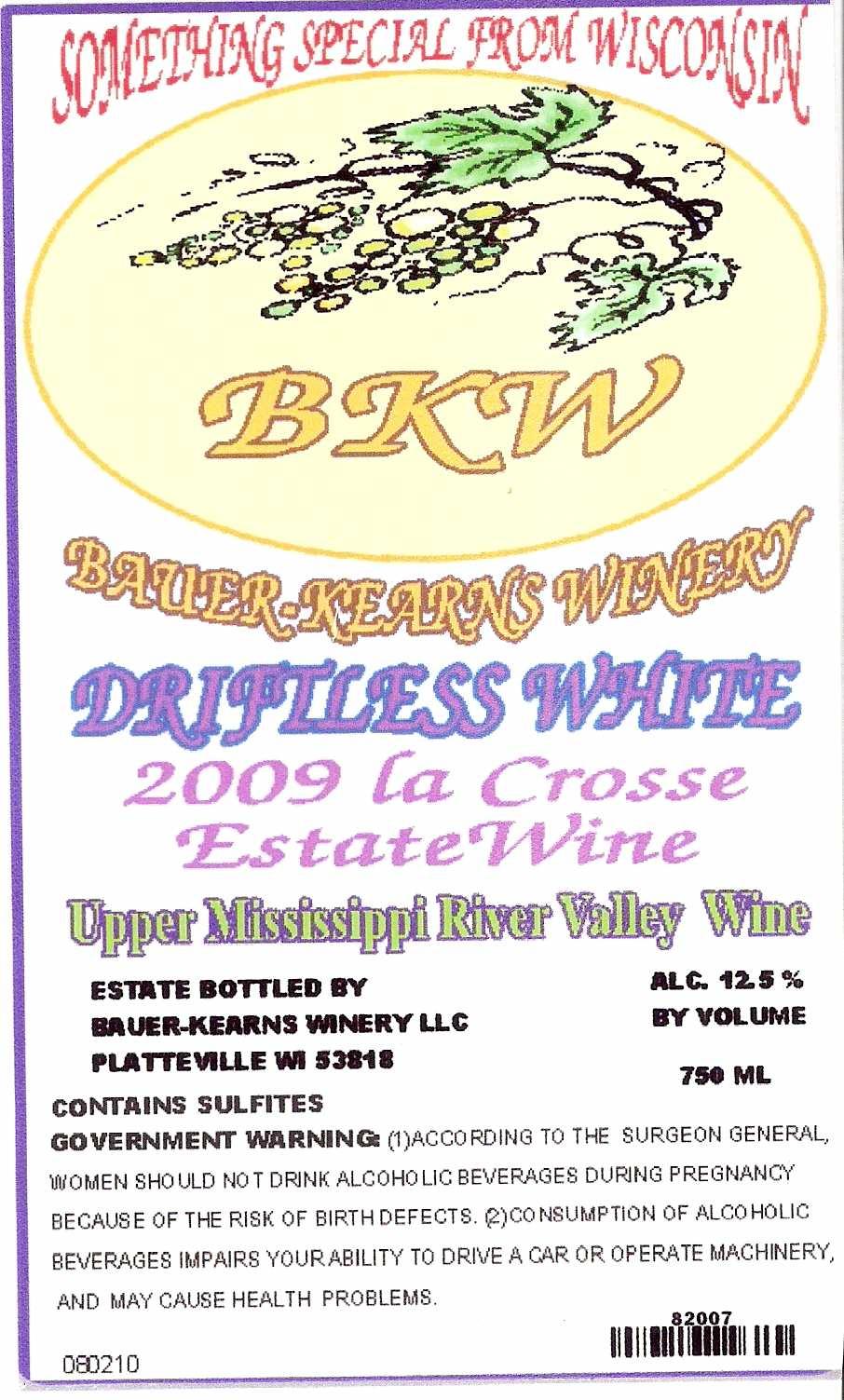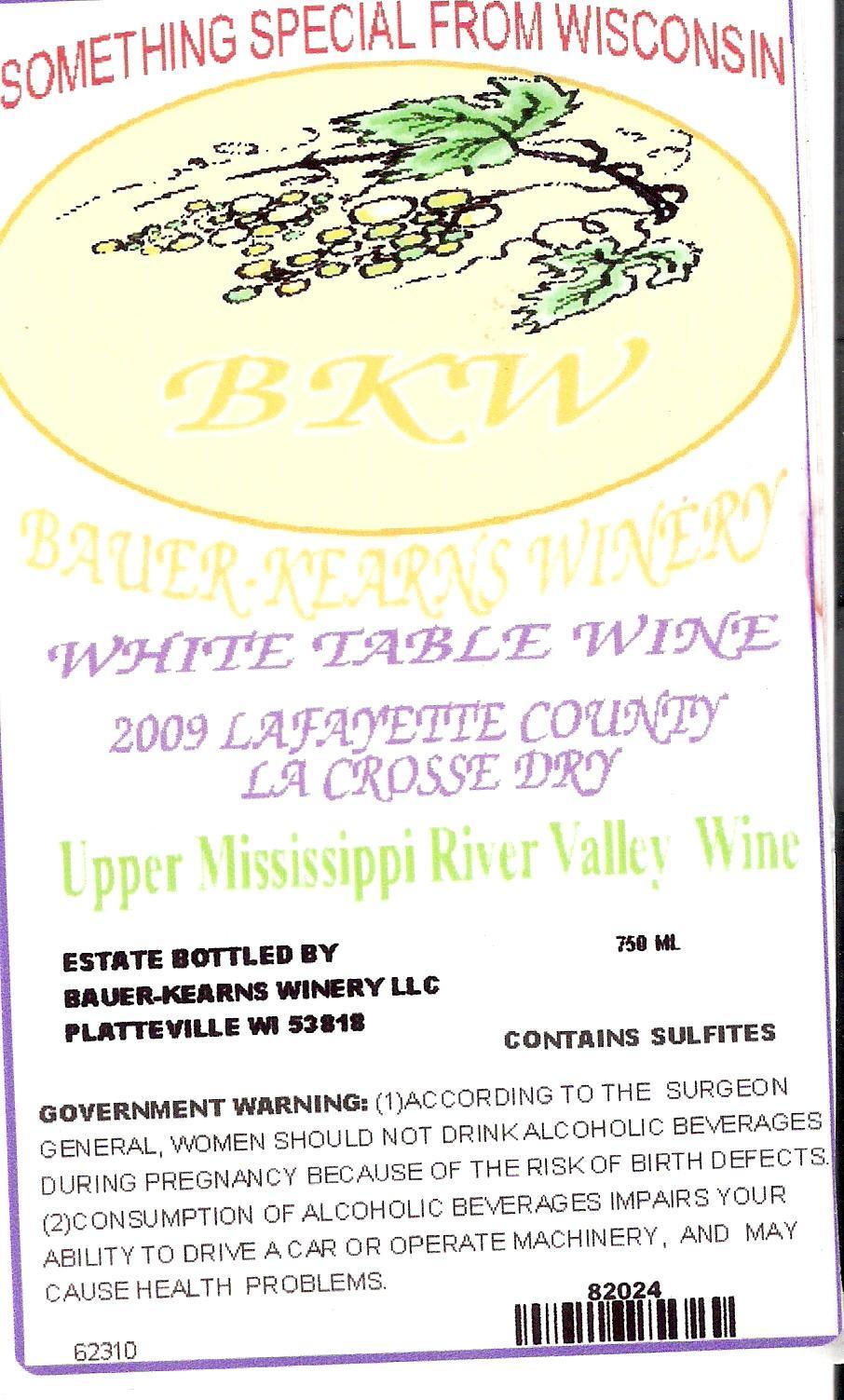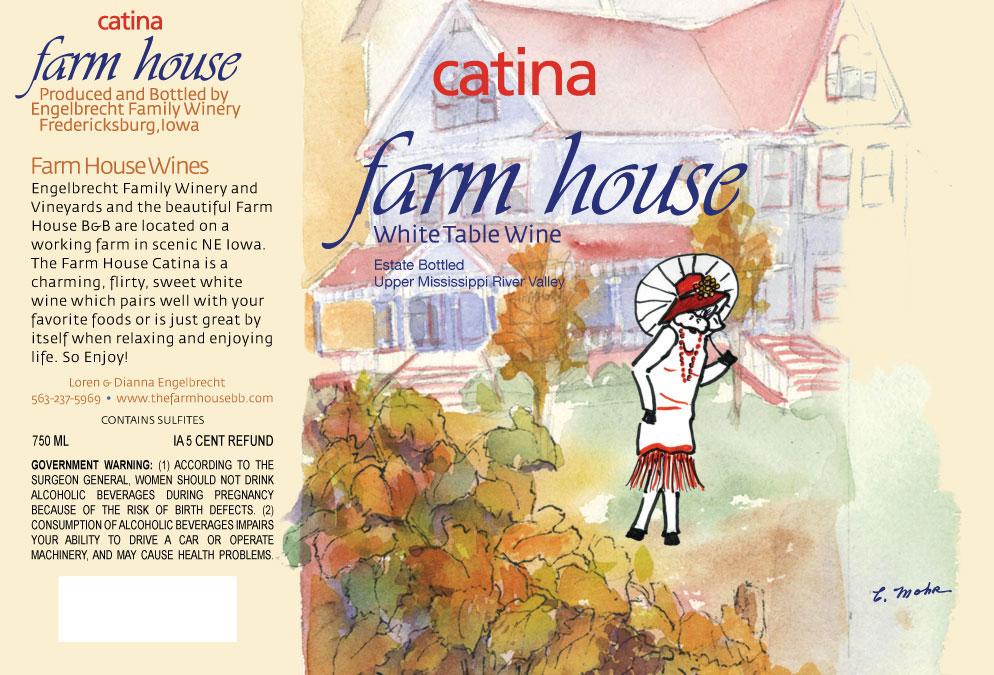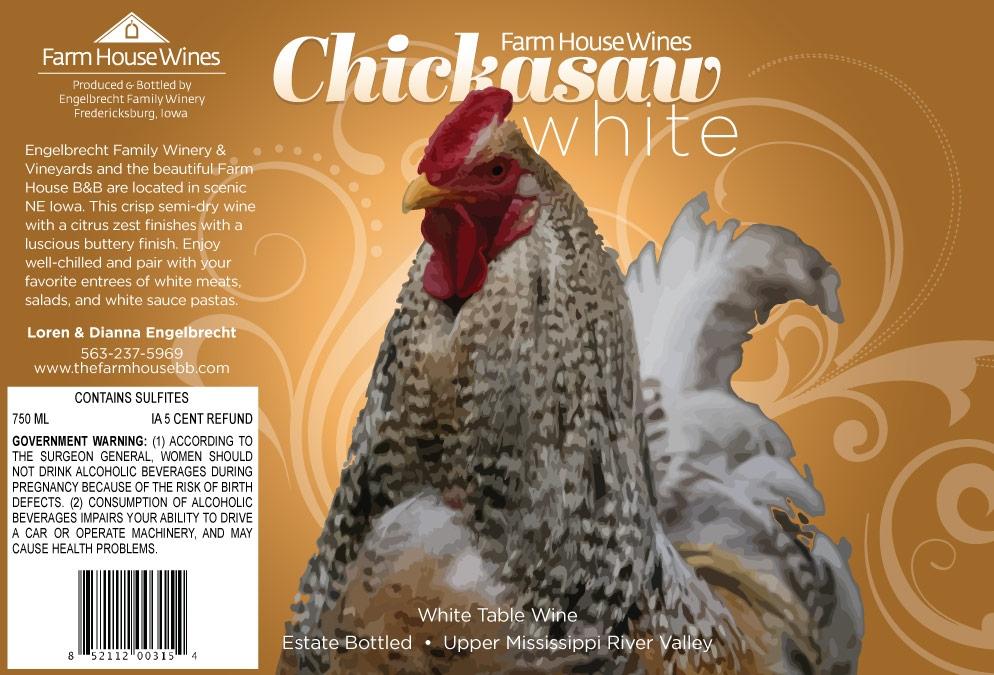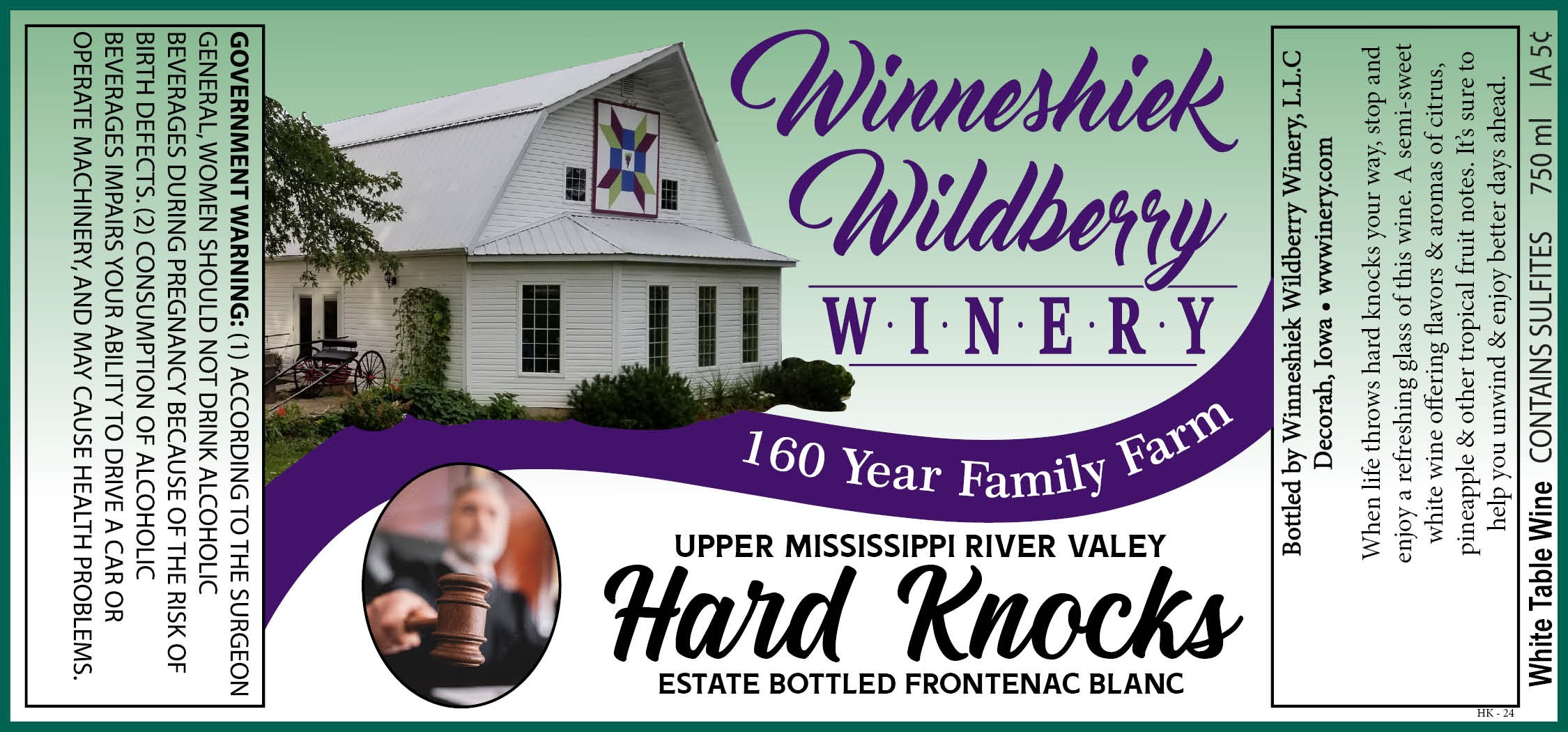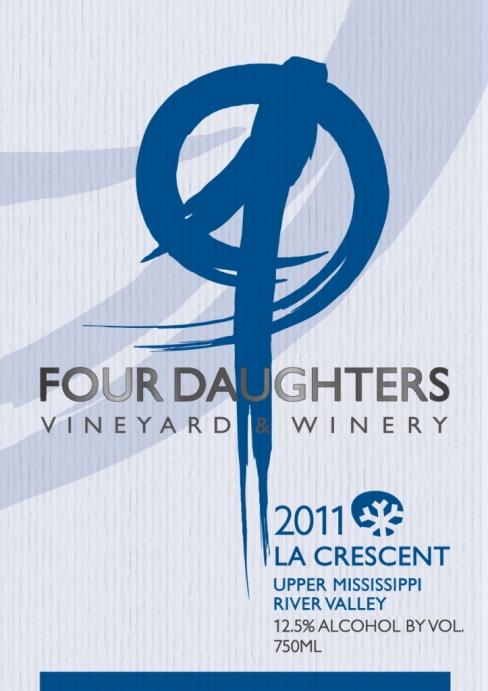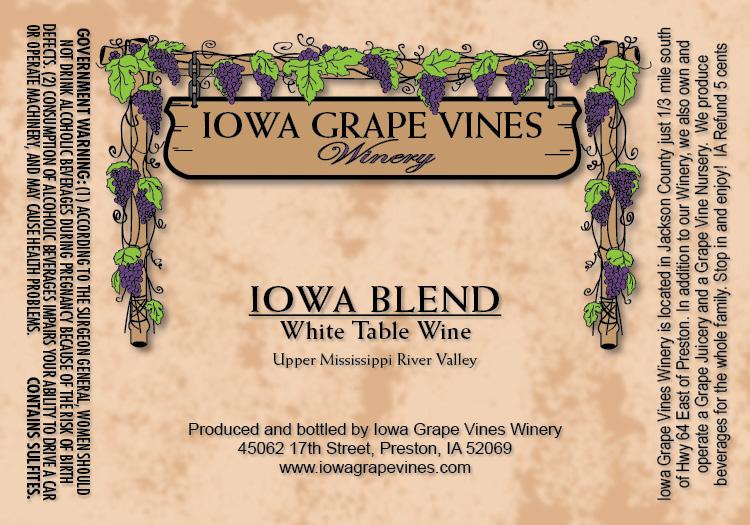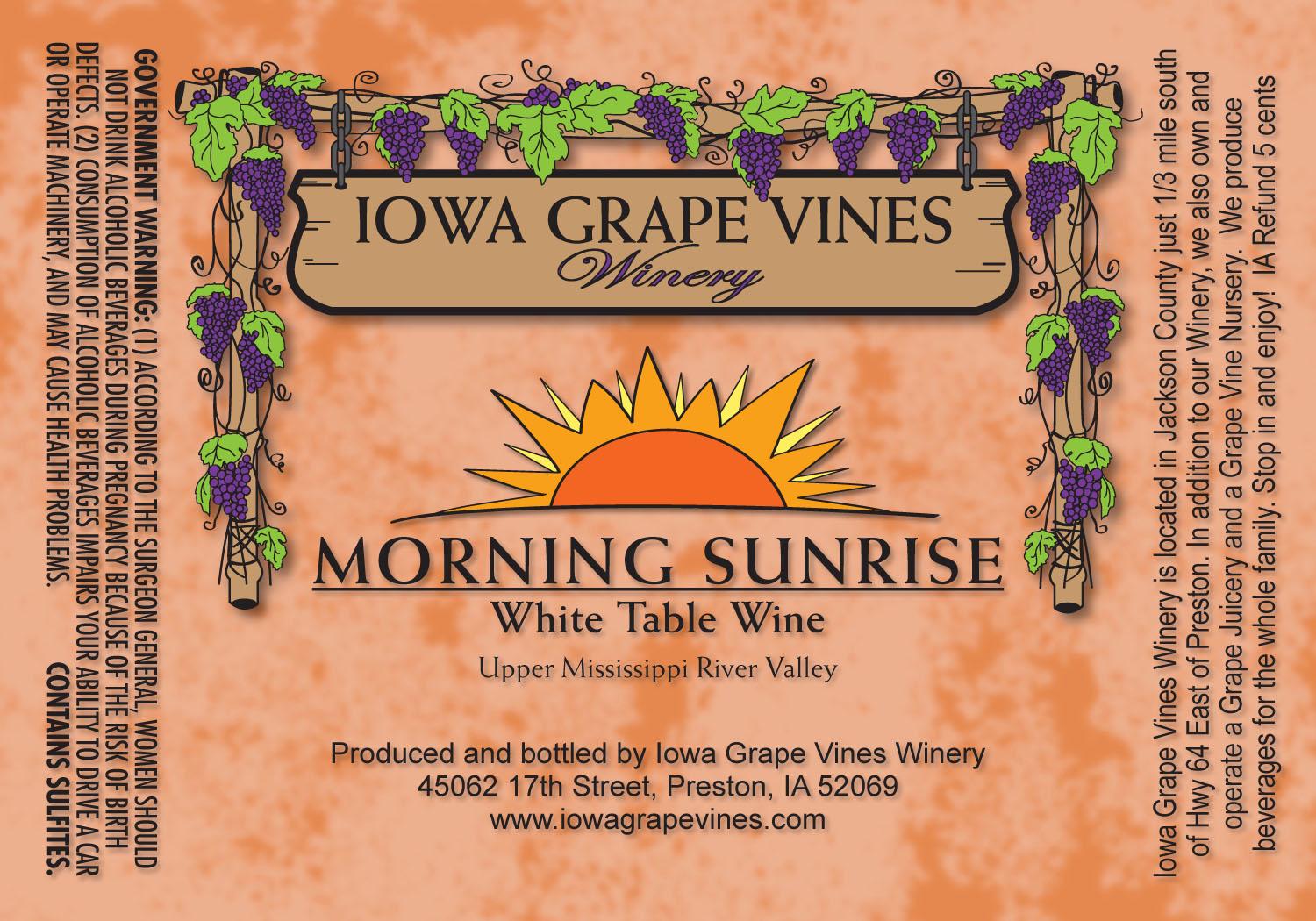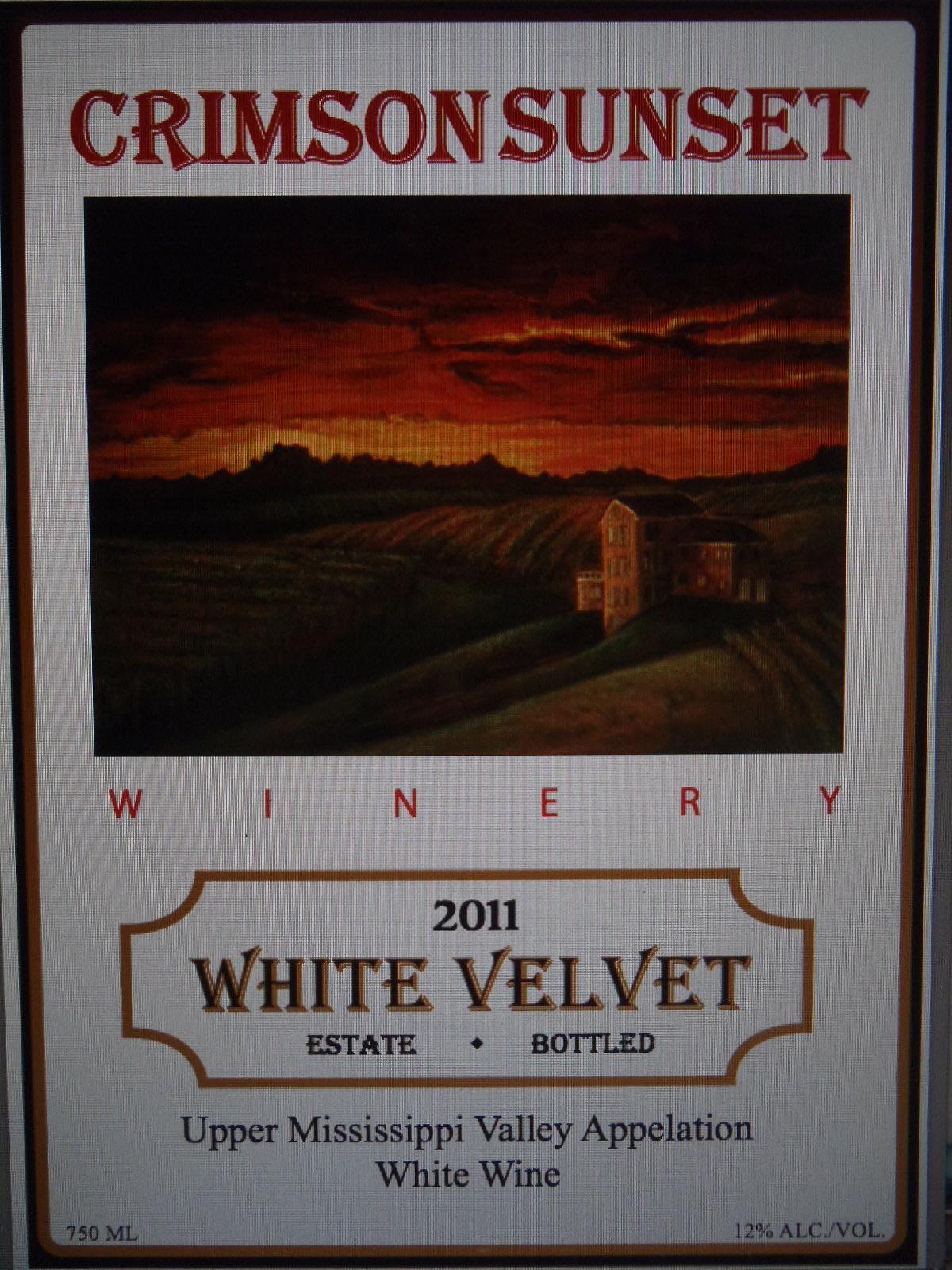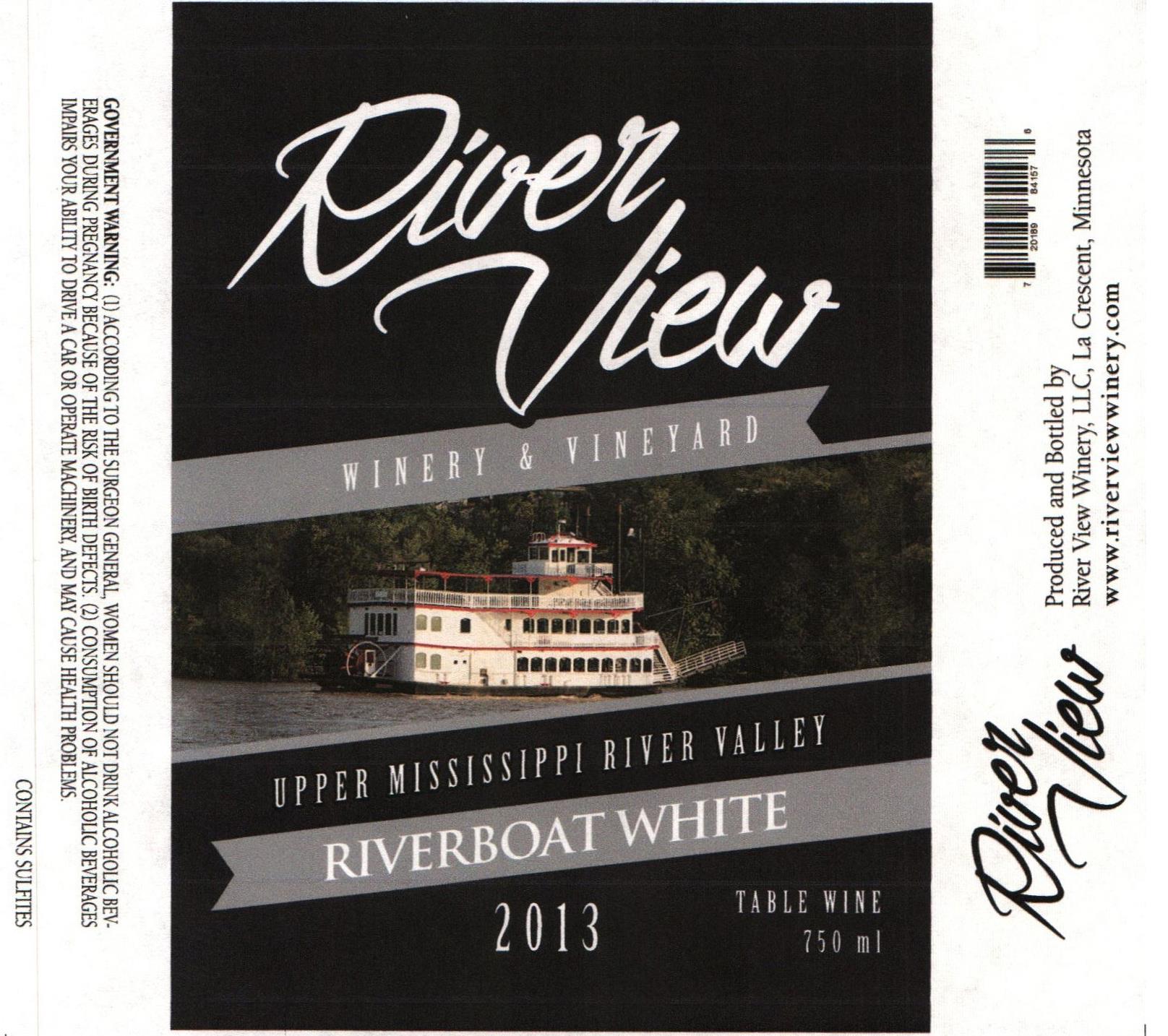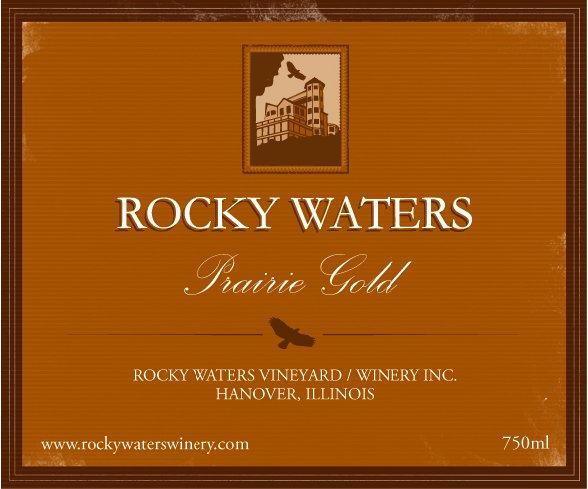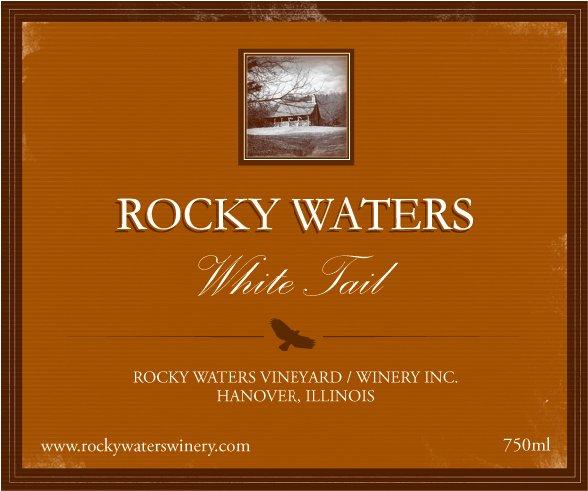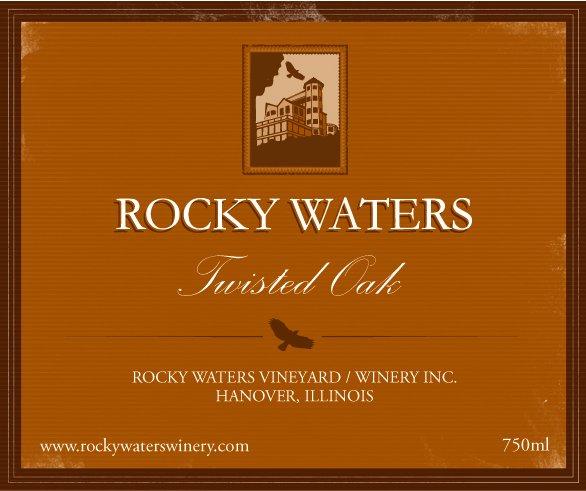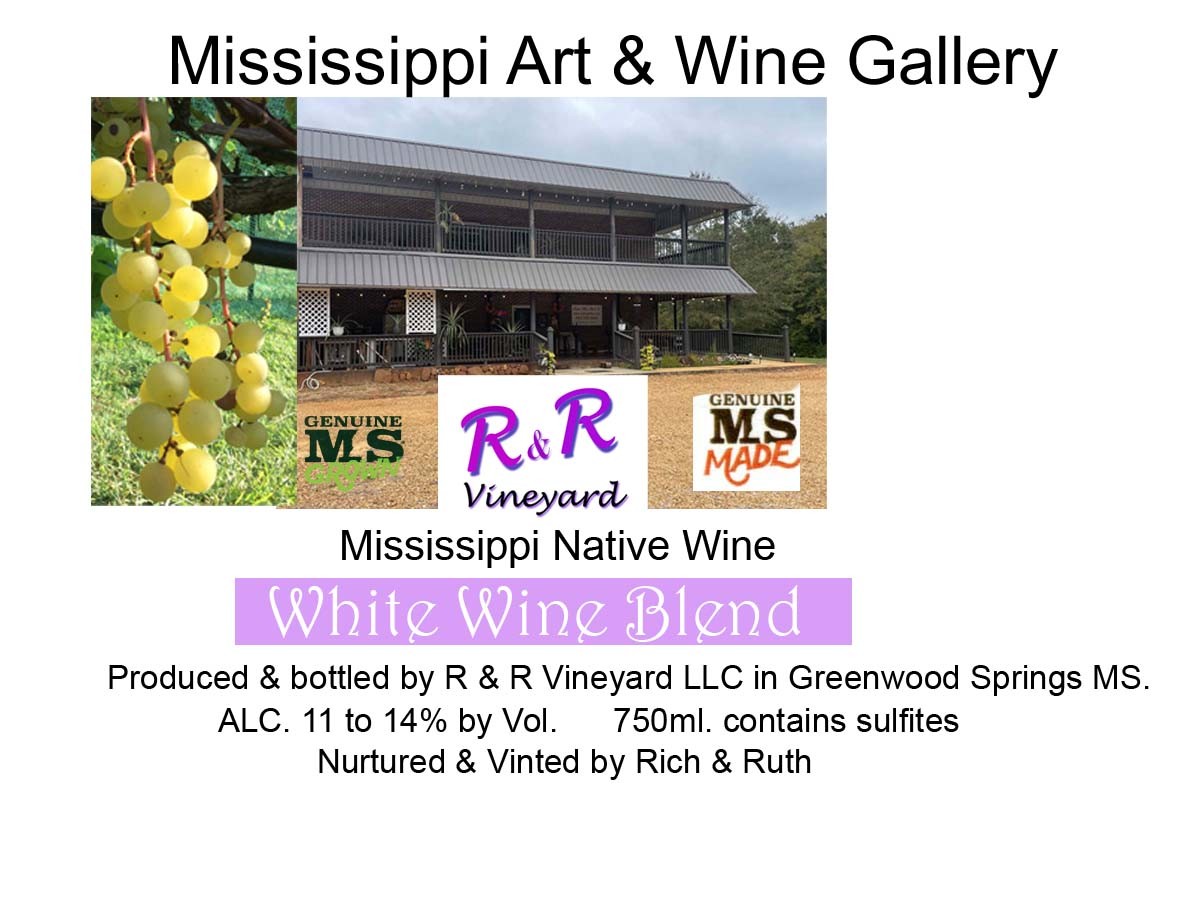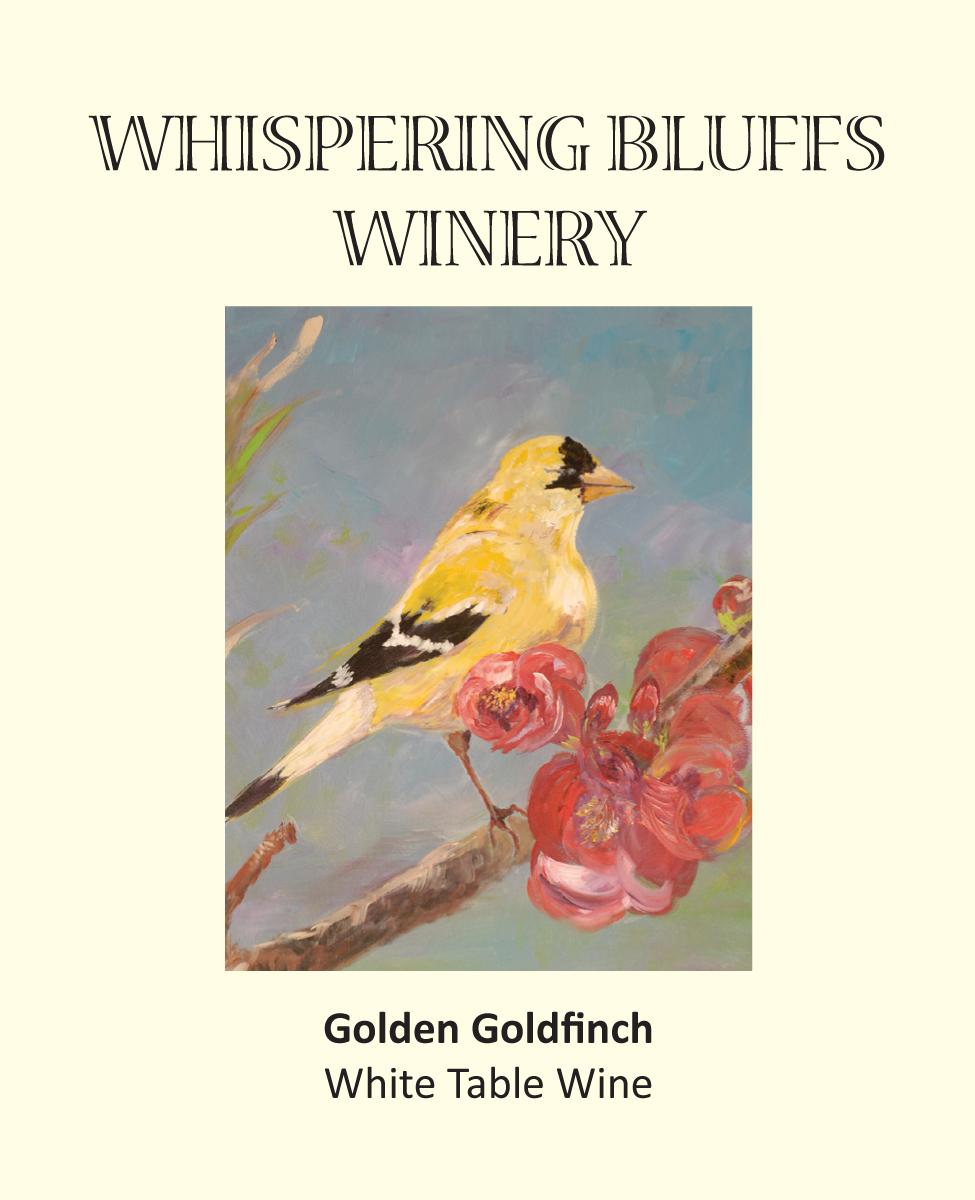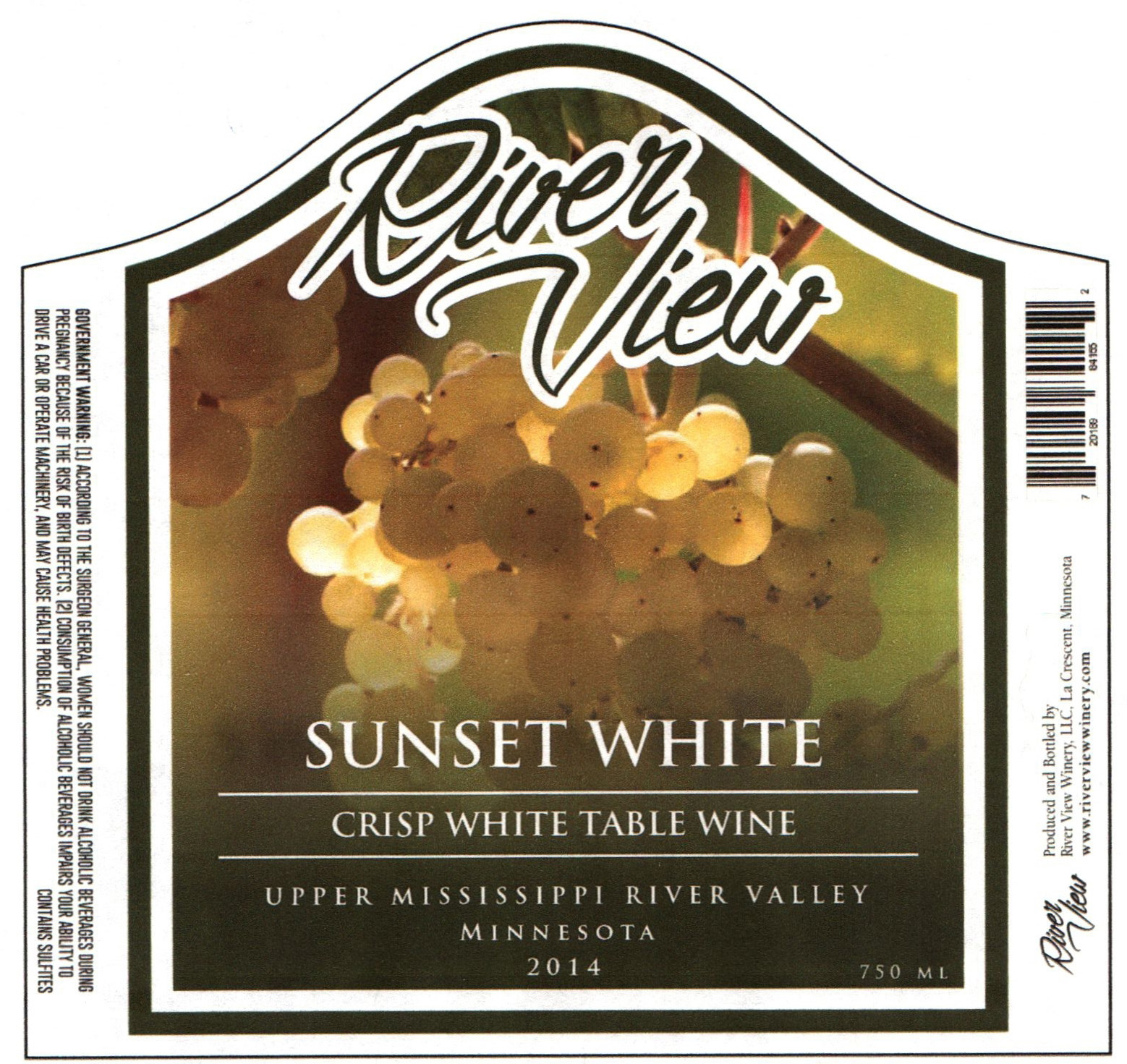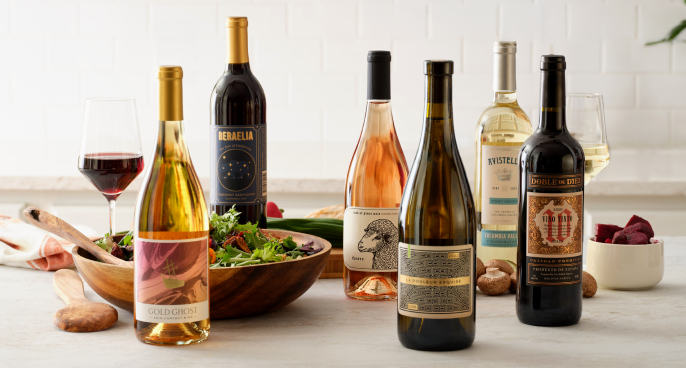Terroir of Mississippi
Mississippi’s terroir is shaped by its warm, humid climate and flat, fertile landscapes. Located in a humid subtropical zone, the area has long, hot summers and mild winters. This extended growing season is ideal but also poses challenges like high humidity and frequent summer rain, which can lead to fungal diseases that harm traditional grape varieties.
Muscadine vines, however, thrive in this environment, naturally resisting local pests and diseases. The state’s soils, especially in the Delta AVA, are rich in river-deposited loam and clay. These nutrient-rich soils can be overly vigorous, so careful vine management is needed. Elevations with sandy loam or loessal soils offer essential drainage, preventing waterlogging.
Overall, Mississippi’s terroir requires strategic site selection and vine management, resulting in wines that capture the state’s essence with muscadines’ bold, fruity character.
Notable Wineries in Mississippi
Mississippi’s wine scene may surprise many, with notable wineries offering a unique blend of tradition and innovation. Here are a few to explore:
-
Old South Winery (Natchez): Established in 1979, it’s Mississippi's oldest, specializing in Muscadine wines with a Southern twist. The "Dry Noble" stands out as a fully dry Muscadine red.
-
The Winery at Williams Landing (Greenwood): Located in a historic firehouse, this boutique winery crafts wines from local fruits like figs and blueberries, known for their balance and dry profile.
-
Marcella’s Winery (Columbus): A newcomer since 2020, offering a welcoming community vibe with Muscadine and blueberry wines, complemented by live music events.
These wineries capture Mississippi’s essence, from the musky aroma of Muscadine to the creative flair of fruit wines, shaping a diverse and growing wine culture.
Sustainable Winemaking in Mississippi
In Mississippi, winemakers are embracing sustainability by harnessing the resilience of the Muscadine grape, which requires fewer chemicals due to its natural pest and disease resistance. This practice significantly reduces the need for pesticides and fungicides, making it a cornerstone of eco-friendly viticulture in the region’s humid climate.
Local wineries prioritize sourcing ingredients from nearby farms, minimizing transportation emissions and supporting local agriculture. Innovative efforts at Mississippi State University focus on breeding disease-resistant grape varieties, further enhancing sustainable practices. Additionally, the use of lightweight bottles and small-scale operations helps reduce energy consumption.
Overall, Mississippi’s sustainable winemaking intertwines practical tradition with innovation, ensuring minimal ecological impact. By leveraging native crops and fostering small family vineyards, the state’s winemakers are committed to preserving their unique Southern wine culture for future generations.
Wine Tourism in Mississippi
Mississippi’s wine tourism offers a unique blend of Southern charm and local flavors, inviting visitors to explore its diverse wine culture.
The journey across the state unveils small, family-owned wineries where Muscadine grapes shine. In Natchez, Old South Winery welcomes with musky Muscadine wines and local delicacies.
Greenwood’s Winery at Williams Landing, housed in a historic firehouse, offers personal tastings with fruit wines like fig and blueberry. Columbus hosts Marcella’s Winery, a community hub with live music and Muscadine wines.
Meanwhile, Tupelo’s Queen’s Reward Meadery offers honey-based wines, adding a sweet twist to the trail. Mississippi’s wine festivals, like the Muscadine Jubilee, celebrate local culture with vibrant events.
Collectively, these experiences showcase Mississippi’s commitment to sustainable winemaking and local traditions, making each visit a genuine taste of the South.

